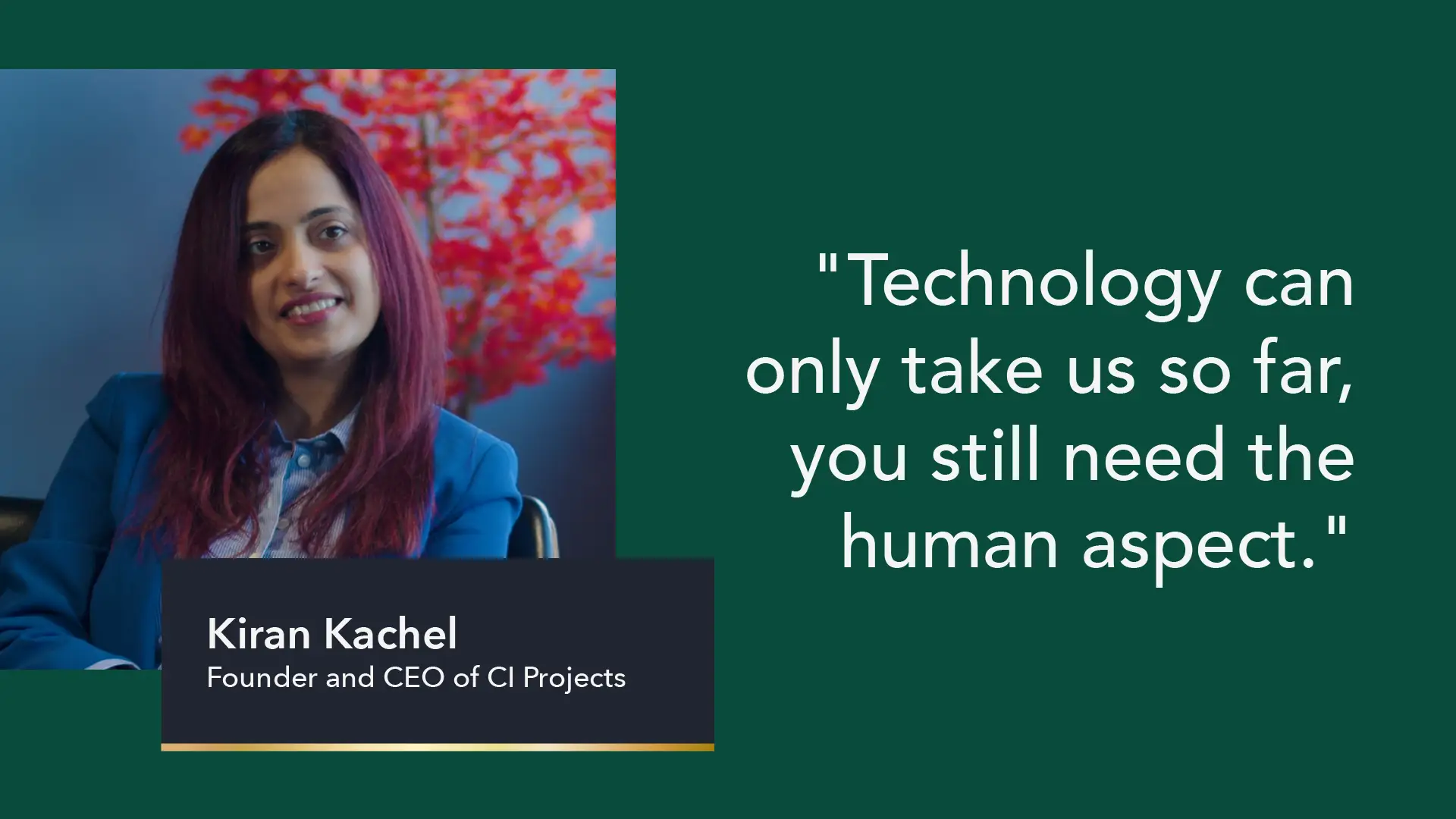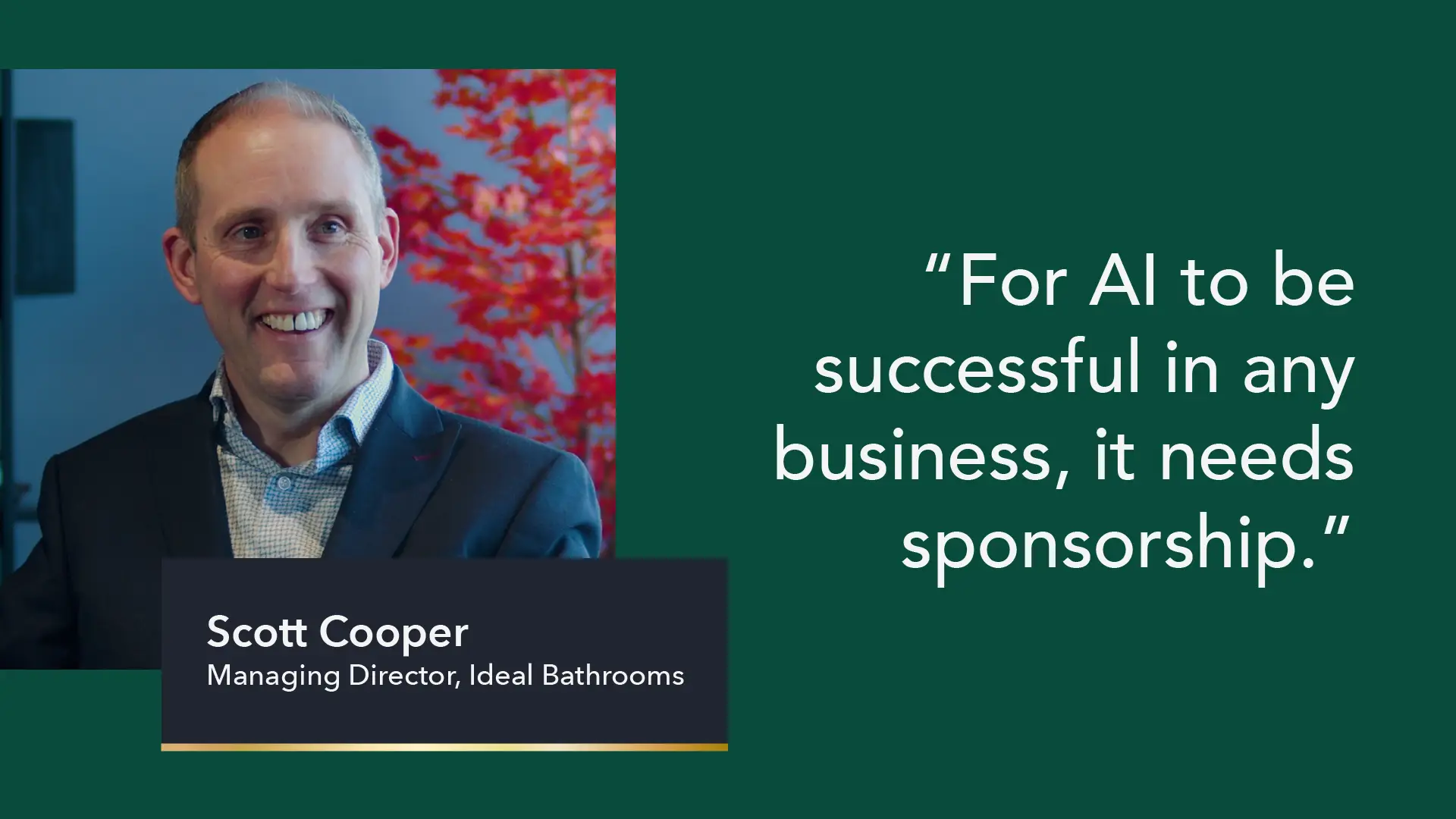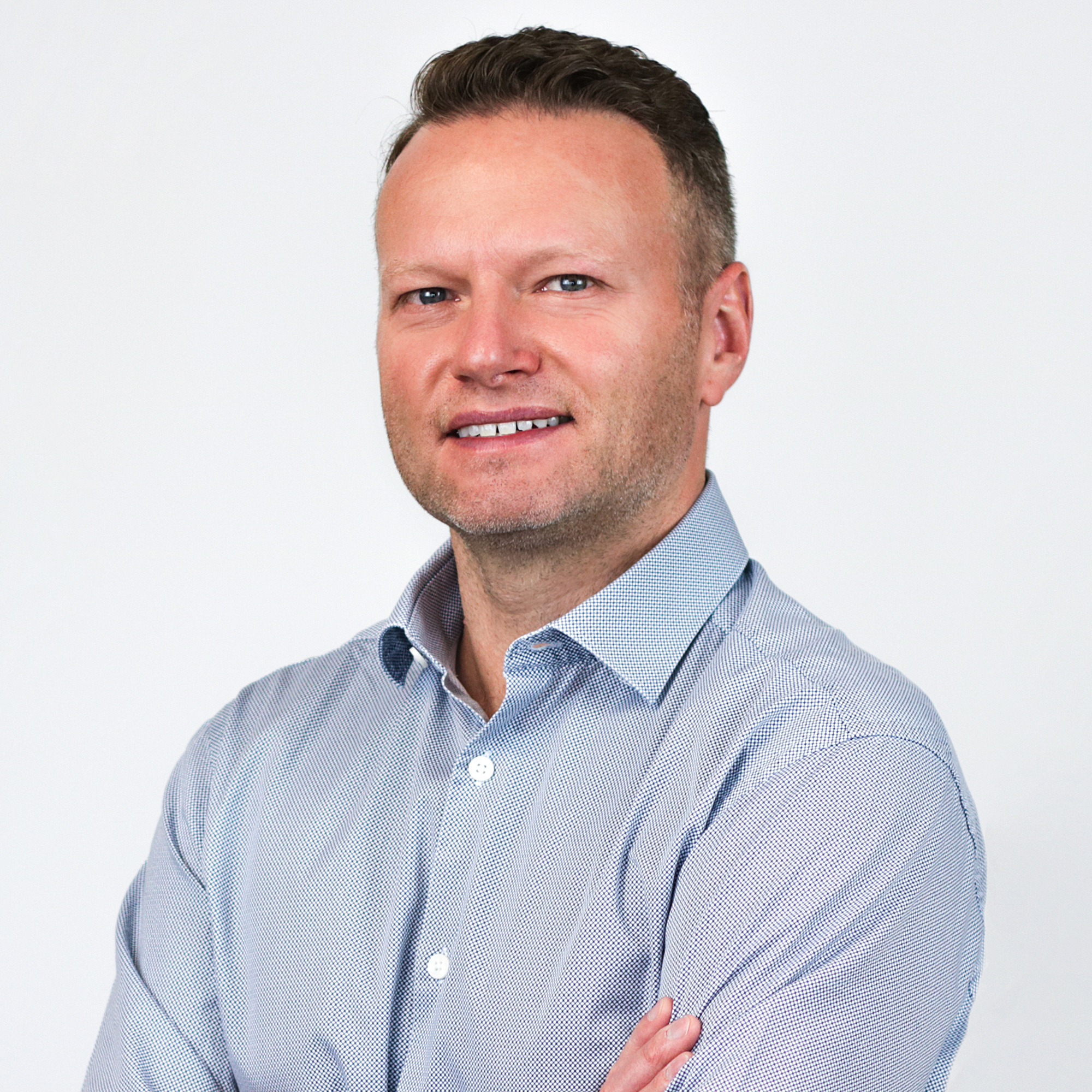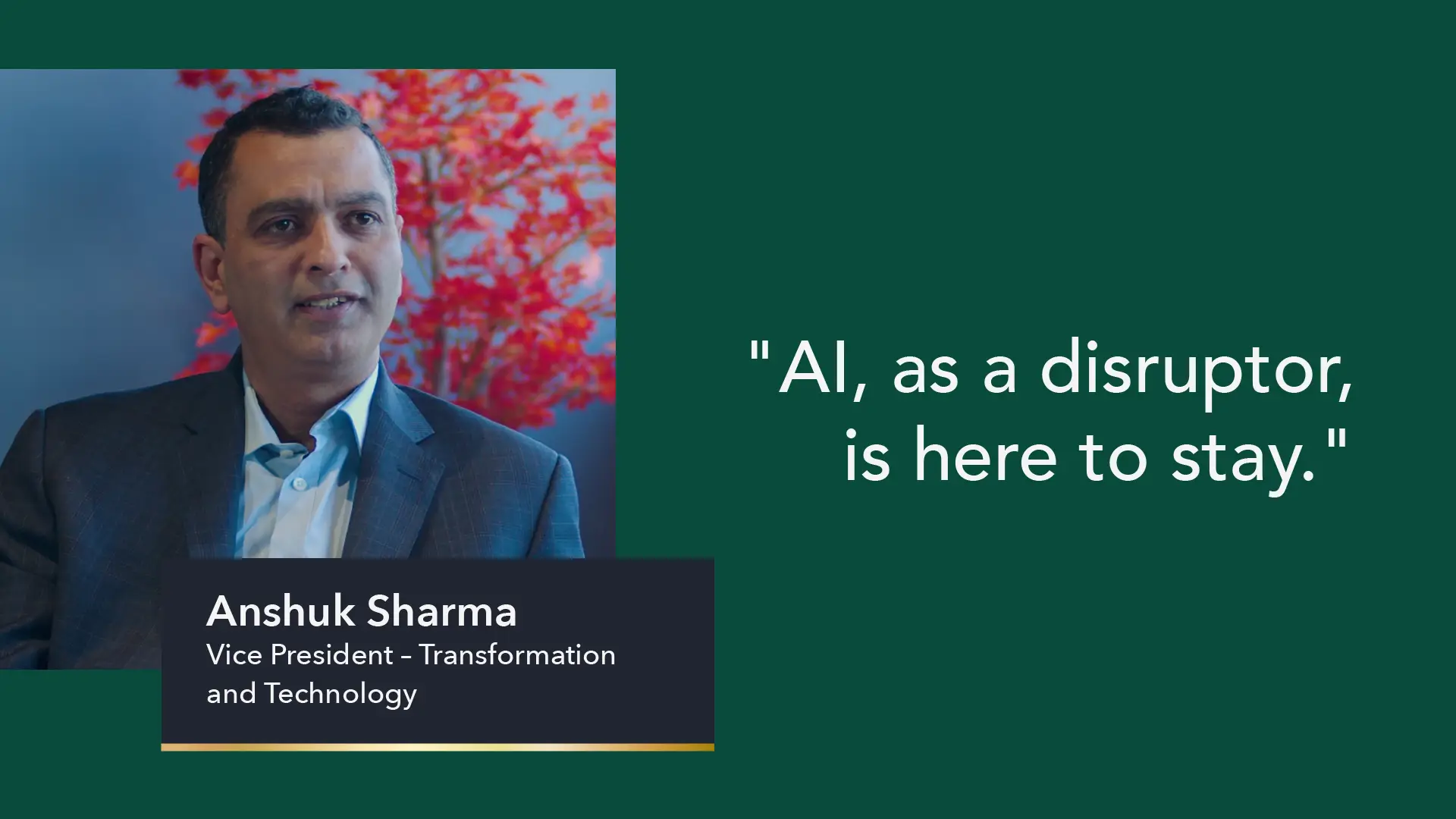 3:19
3:19
Must Watch
 3:19
3:19
Anshuk Sharma - AI: Executive Perspectives Part Two
July
24th,
2025
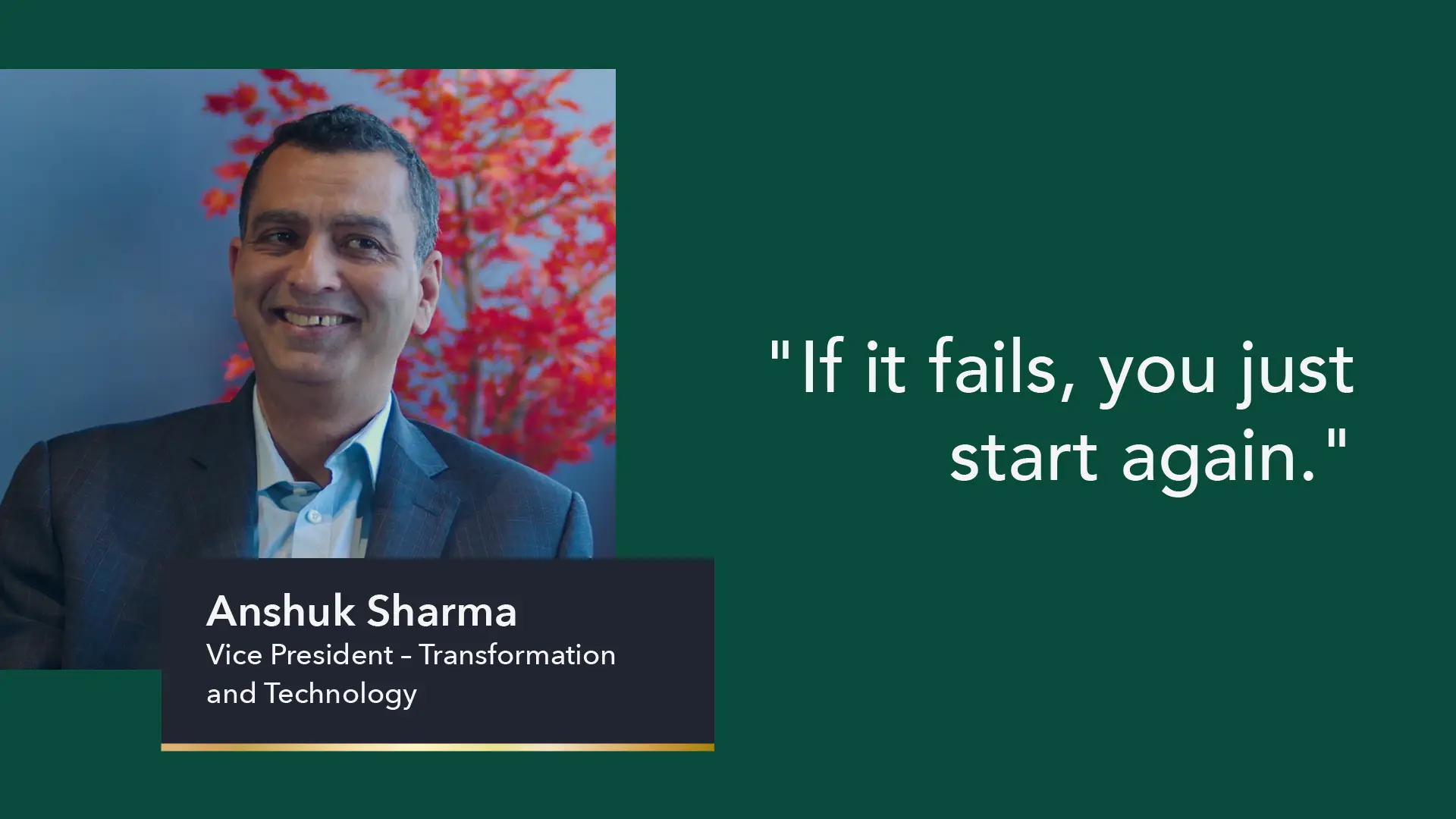 3:07
3:07
Anshuk Sharma - AI: Executive Perspectives Part One
July
24th,
2025
More Posts

C-Suite Personal Branding: How Can Executives Build an Impactful Personal Brand?
As a senior professional, personal branding is a necessity, enabling you to communicate your...
